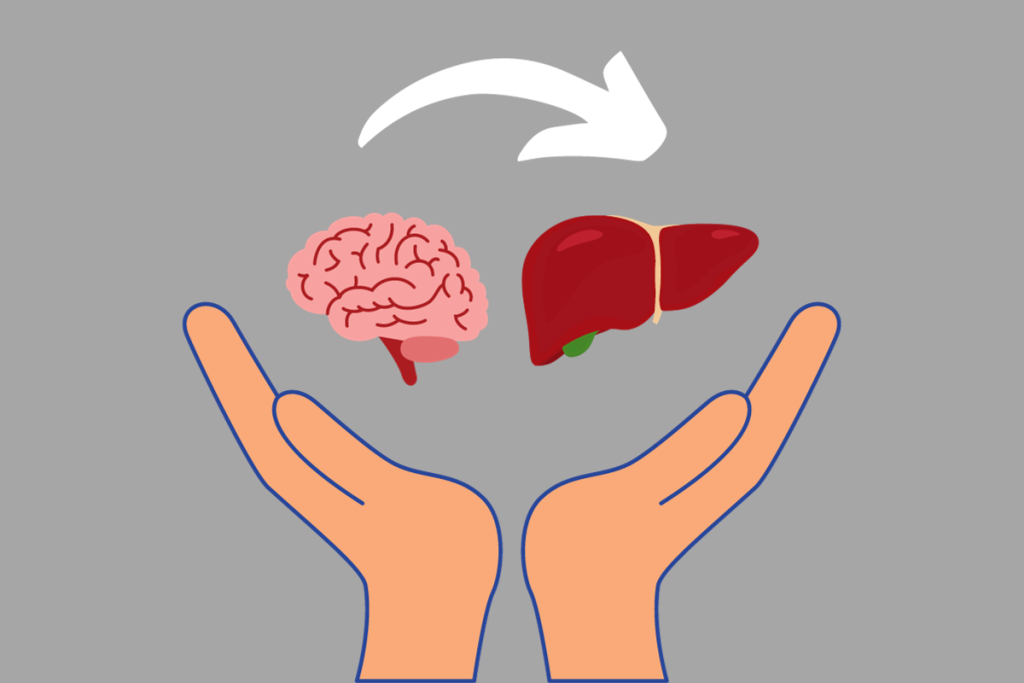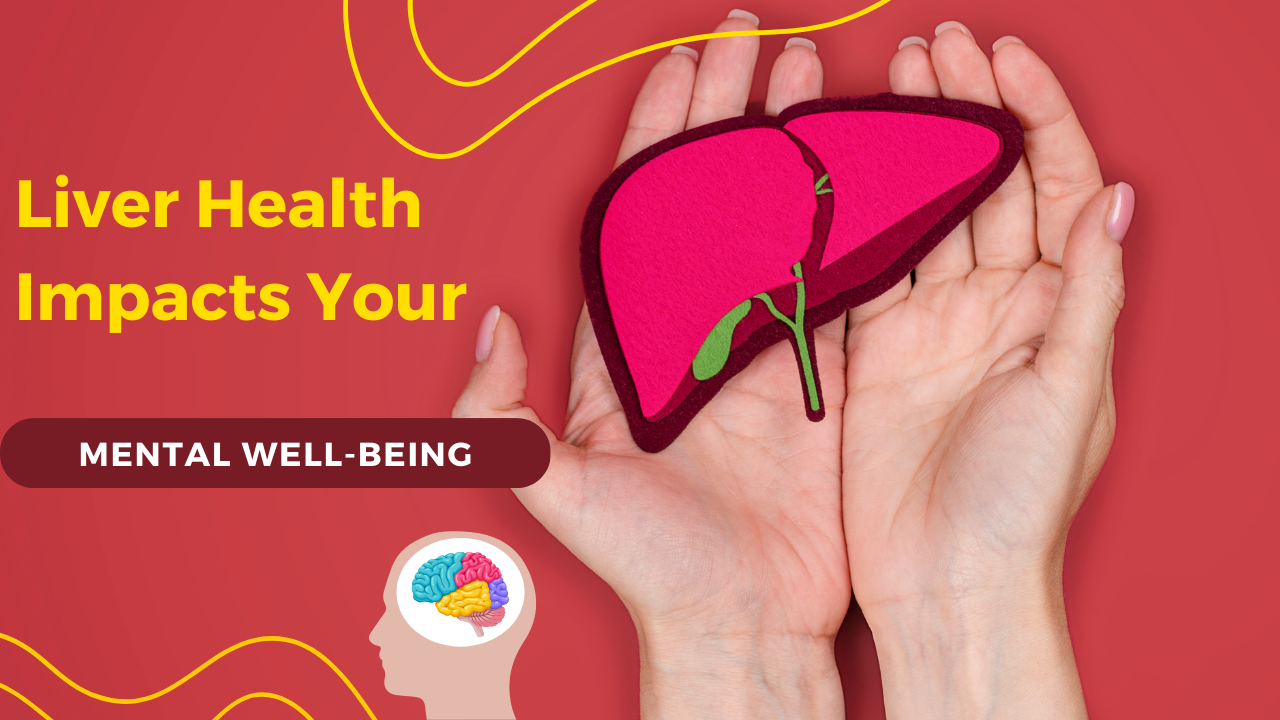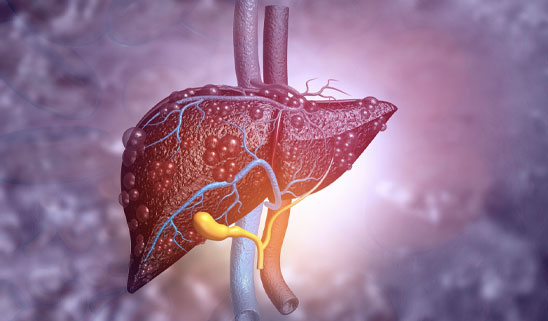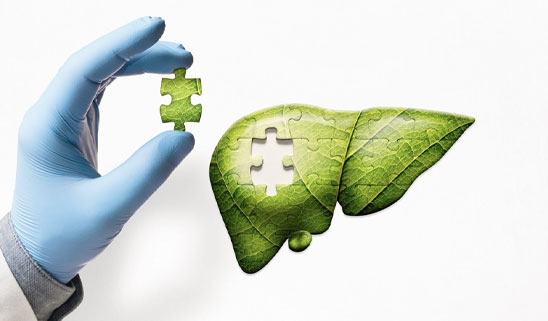When we think about our overall well-being, we often focus on factors like diet, exercise, and stress management. These are undoubtedly essential components of a healthy life, but there’s one organ that’s often overlooked in discussions of well-being: the liver. Your liver plays a vital role in maintaining your physical health, but what many people don’t realize is that it also has a significant impact on your mental well-being. Now, we will explore the connection between liver health and mental health and why it’s crucial to pay attention to both.

The Liver’s Role in Physical Health
Before we delve into the connection between liver health and mental well-being, let’s first understand the essential functions of the liver in maintaining our physical health.
- Detoxification: The liver is the body’s primary detoxifying organ. It helps remove toxins and waste products from the bloodstream, playing a crucial role in purifying our blood.
- Metabolism: Your liver is responsible for processing and metabolizing carbohydrates, proteins, and fats. It also regulates blood sugar levels by storing and releasing glucose as needed.
- Storage: The liver stores important vitamins, minerals, and glycogen for energy. It also synthesizes proteins necessary for blood clotting and immune system function.
- Production of Bile: The liver produces a huice called bile, which is important for the digestion and absorption of fats in the small intestine.
- Filtering Blood: It filters blood to remove bacteria, dead cells, and other harmful substances, preventing infections and maintaining a healthy immune system.
The Liver-Brain Connection
- Neurotransmitter Regulation: The liver plays a crucial role in metabolizing neurotransmitters like serotonin and dopamine. And these chemicals are responsible for regulating mood, emotions, and overall mental well-being.
- Inflammation: When the liver is not functioning correctly, it can lead to increased inflammation in the body. Chronic inflammation can have direct or indiret link to a range of mental health issues.
- Toxin Accumulation: When the liver is overburdened or damaged, toxins can accumulate in the bloodstream, affecting brain function and contributing to cognitive impairments, brain fog, and even conditions like hepatic encephalopathy, which can lead to confusion and mood disturbances.
- Hormone Regulation: The liver also plays a role in regulating hormones. Hormonal imbalances can lead to mood swings and mental health problems.
The Vicious Cycle: Mental Health and Liver Health

The relationship between liver health and mental well-being is often a vicious cycle. For instance, people experiencing chronic stress or suffering from mental health problems may be more likely to engage in unhealthy behaviors like excessive alcohol consumption, poor diet, and lack of exercise. These behaviors can, in turn, lead to liver damage or liver diseases, worsening mental health symptoms.
Ways to Promote Liver Health for Better Mental Well-being
Now that we’ve established the critical link between liver health and mental well-being, it’s essential to understand how to promote liver health to improve your overall mental health. Here are some strategies:
- Maintain a Healthy Diet
- Limit Alcohol Consumption
- Exercise Regularly
- Stay Hydrated
- Manage Stress
- Get Adequate Sleep
- Regular Check-ups
- Avoid Self-Medication
Seek Professional Help
If you’re facing mental health concerns possibly linked to liver issues, consulting Dr. Vikram Raut, a Liver Specialist in Navi Mumbai, is crucial. Mental health challenges are intricate, often necessitating the expertise of a psychiatrist or psychologist. Moreover, seeking guidance from a gastroenterologist or hepatologist is essential for accurate diagnosis and effective management of potential liver-related issues.
Don’t hesitate to seek professional help for a comprehensive approach to your well-being. Book an Appointment Now.



